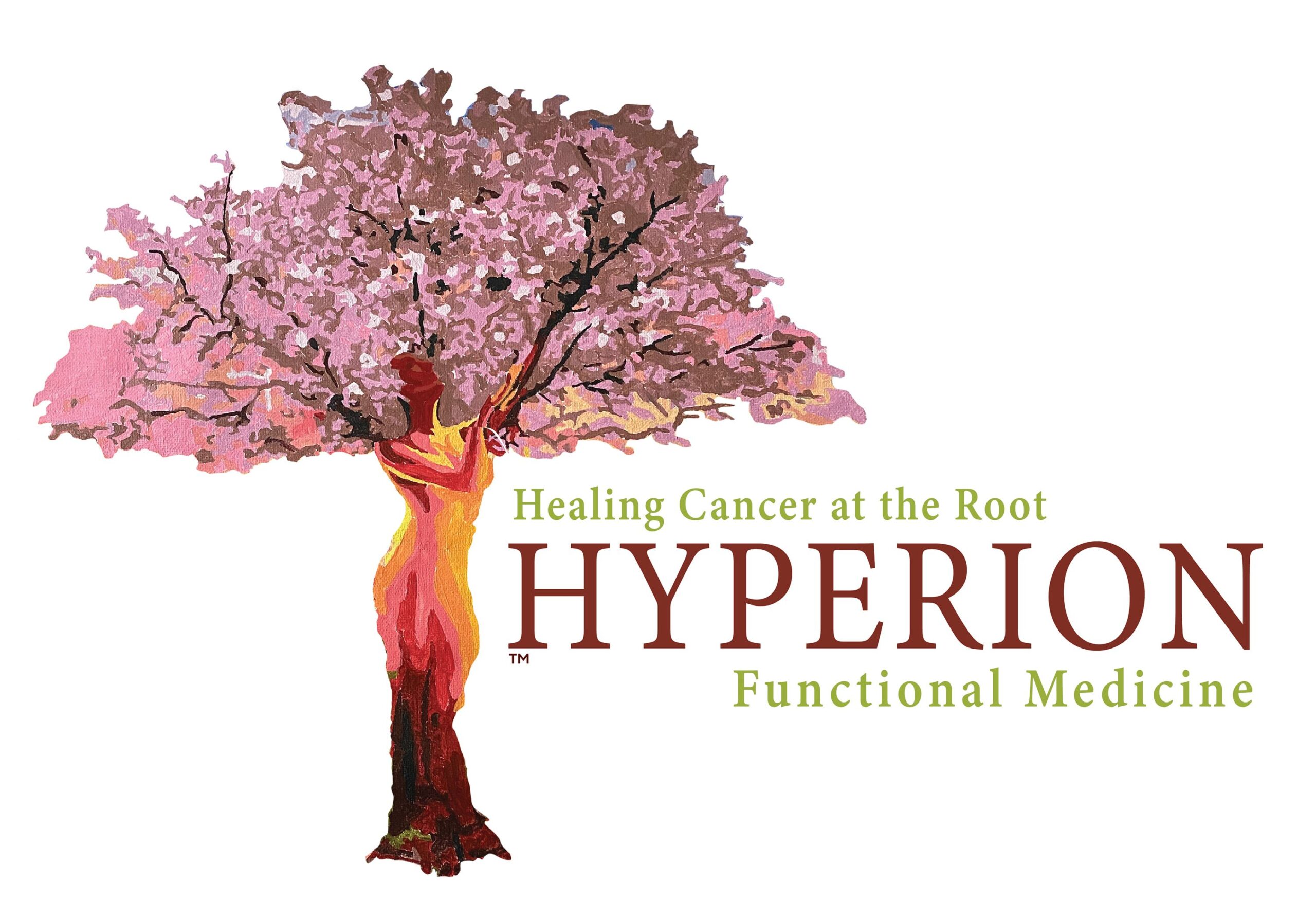How is Stress Playing a Part in Your Cancer’s Growth and Progression

Stress produces hormones which act on many cells in the Tumor Microenvironment where your cancer thrives, and ultimately these hormones promote tumor progression by activating specific receptors associated with many cancer processes. These stress hormones induce the following five of the fourteen Cancer Hallmarks described on my website:
- Genome Instability and Mutation
- Activating Invasion and Metastasis
- Inducing Angiogenesis
- Avoiding Immune Destruction
- Tumor Promoting Inflammation
What Are Stress Hormones?
Hormones activated during stress:
- Cortisol
- Epinephrine
- Adrenaline
- Norepinephrine.

They are designed to help us manage stressful situations in our lives by increasing our blood pressure, blood sugar levels, and heart rates to escape from harm.
But research has shown us stress hormones promote the occurrence and development of cancers through various mechanisms defined by the cancer hallmarks described above.
Cancer research on the relationships between stress and cancers such as breast, prostate, gastric, skin, oral, and lung cancer has found evidence indicating that chronic stress can induce tumorigenesis and promote cancer development.
Surgery, radiation and/or chemotherapy, and frequent treatment testing for progress, and treatment changes aggravate your cancer treatment course which makes the journey to healing even more complex for patients. As you struggle with these many challenges, they all act as precursors to stress and the increase in stress hormones
How Can I Manage Stress and Activation of Stress Hormones?
Inhibiting tumor growth by use of stress management techniques and supplements is important for both healthy people to manage chronic disease and essential for cancer patients to impact the affected cancer hallmarks driving cancer.
How can I find out what My Stress Hormone Levels are and Manage Stress Impacting Cancer?
To find out more about discovering your stress hormone levels and other roots of cancer, schedule a free Inspiration Encounter with Jen Bouchard APN MPH IFMCP

References:
et al. Chronic stress in solid tumor development: from mechanisms to interventions. J Biomed Sci 30, 8 (2023). https://doi.org/10.1186/s12929-023-00903-9
https://www.cancer.gov/publications/dictionaries/cancer-terms/def/
Khusnurrokhman G, Wati FF. Tumor-promoting inflammation in lung cancer: A literature review. Ann Med Surg (Lond). 2022 Jun 19;79:104022. doi: 10.1016/j.amsu.2022.104022. PMID: 35860063; PMCID: PMC9289429.
Dai S, Mo Y, Wang Y, Xiang B, Liao Q, Zhou M, Li X, Li Y, Xiong W, Li G, Guo C, Zeng Z. Chronic Stress Promotes Cancer Development. Front Oncol. 2020 Aug 19;10:1492. doi: 10.3389/fonc.2020.01492. PMID: 32974180; PMCID: PMC7466429.
Iftikhar A, Islam M, Shepherd S, Jones S, Ellis I. Cancer and Stress: Does It Make a Difference to the Patient When These Two Challenges Collide? Cancers (Basel). 2021 Jan 6;13(2):163. doi: 10.3390/cancers13020163. PMID: 33418900; PMCID: PMC7825104.
Figueira JA, Sarafim-Silva BAM, Gonçalves GM, Aranha LN, Lopes FL, Corrente JE, Biasoli ÉR, Miyahara GI, Bernabé DG. Predisposing factors for increased cortisol levels in oral cancer patients. Compr Psychoneuroendocrinol. 2022 Jan 6;9:100110. doi: 10.1016/j.cpnec.2022.100110. PMID: 35755918; PMCID: PMC9216328.
Kamen C, Scheiber C, Janelsins M, Jo B, Shen H, Palesh O. Effects of childhood trauma exposure and cortisol levels on cognitive functioning among breast cancer survivors. Child Abuse Negl. 2017 Oct;72:163-171. doi: 10.1016/j.chiabu.2017.07.005. Epub 2017 Aug 14. PMID: 28818733; PMCID: PMC5659913.
